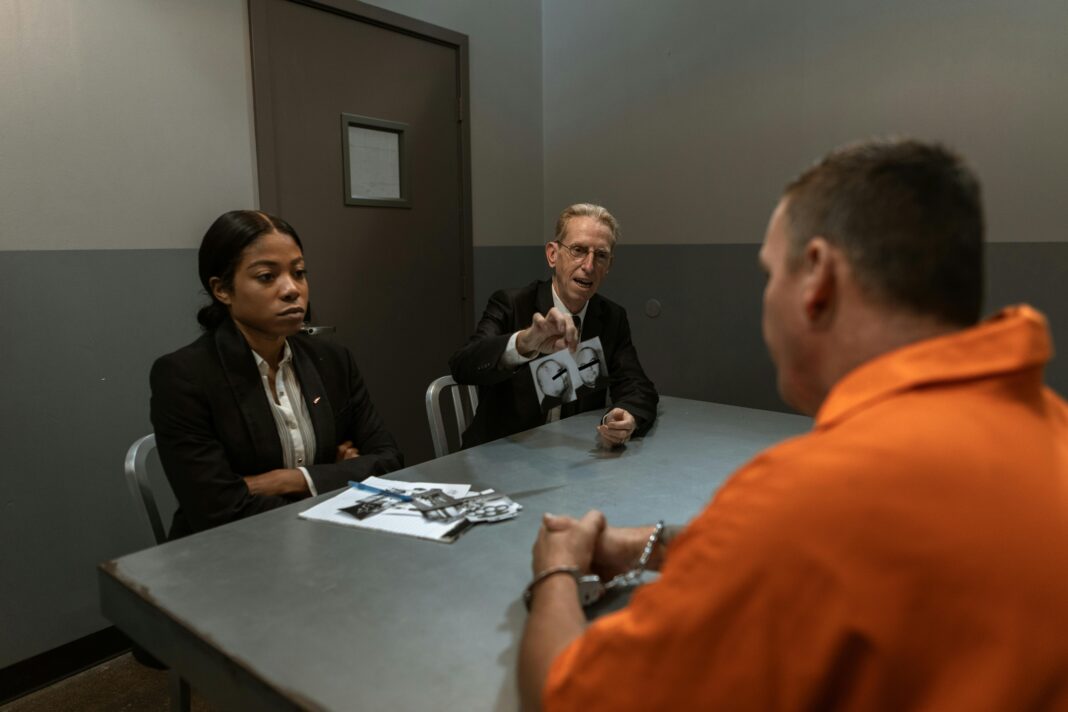Forensic evidence includes evidence acquired through ballistics, toxicology, or fingerprinting. It is the basis of several criminal convictions. Also, the development of investigative tools like DNA analysis helps overturn false criminal convictions and free those who have been wrongfully imprisoned.
If you think you have been wrongfully convicted in a criminal court in Jersey City, you can appeal and present new pieces of evidence to overturn the conviction. A Jersey City criminal lawyer can help improve your chances of successfully overturning the decision by collecting forensic evidence to support your appeal.
Understanding Forensic Evidence in Criminal Trials
Advances in forensic analysis have changed the way investigators gather, process, and document evidence when they investigate a crime. If presented in criminal court, forensic evidence must be accompanied by expert testimony explaining the evidence and why it is relevant.
Under the rules of evidence in the state, an expert witness may testify if their specialized knowledge helps the court in determining a fact. In criminal trials, courts have adopted the Daubert standards when admitting expert testimony.
Various kinds of forensic evidence can be utilized in criminal cases. This includes fingerprints, DNA analysis, and bloodstain pattern analysis. Also, forensic evidence can be acquired from ballistic and firearms exams, digital data, explosive analysis, crime scene photography, drug analysis, tire track examination, footwear examination, and toxicology.
Identifying a Wrongful Conviction
Studies show that expert witnesses can wrongly portray forensic evidence, which is used to get a defendant convicted. Sometimes, new scientific advancements can undermine scientific testimony that was acceptable at the conviction time. Using junk science like bite mark analysis, faulty fire science, and microscopic hair comparison is a big issue in a lot of criminal cases. These undependable forensic disciplines are inaccurate and experts in such fields will usually testify to conclusions beyond what their subject allows. Other issues that may result in a faulty criminal conviction include inconsistencies between physical evidence and eyewitness testimony, lack of DNA testing, human error, and insufficient scientific method validation.
Appealing a Wrongful Criminal Conviction
Appealing your case to a higher court means asking this court to review the decision of the lower court due to legal errors that impacted your case’s outcome. If you have been convicted of a crime, you don’t have the instant right to request a court to hear your case again.
The court should first determine whether the error mentioned in your appeal happened and whether it was severe enough to warrant higher court intervention. The appellate court can refuse to review the decision of the lower court if your appeal doesn’t present a convincing reason to do so.
